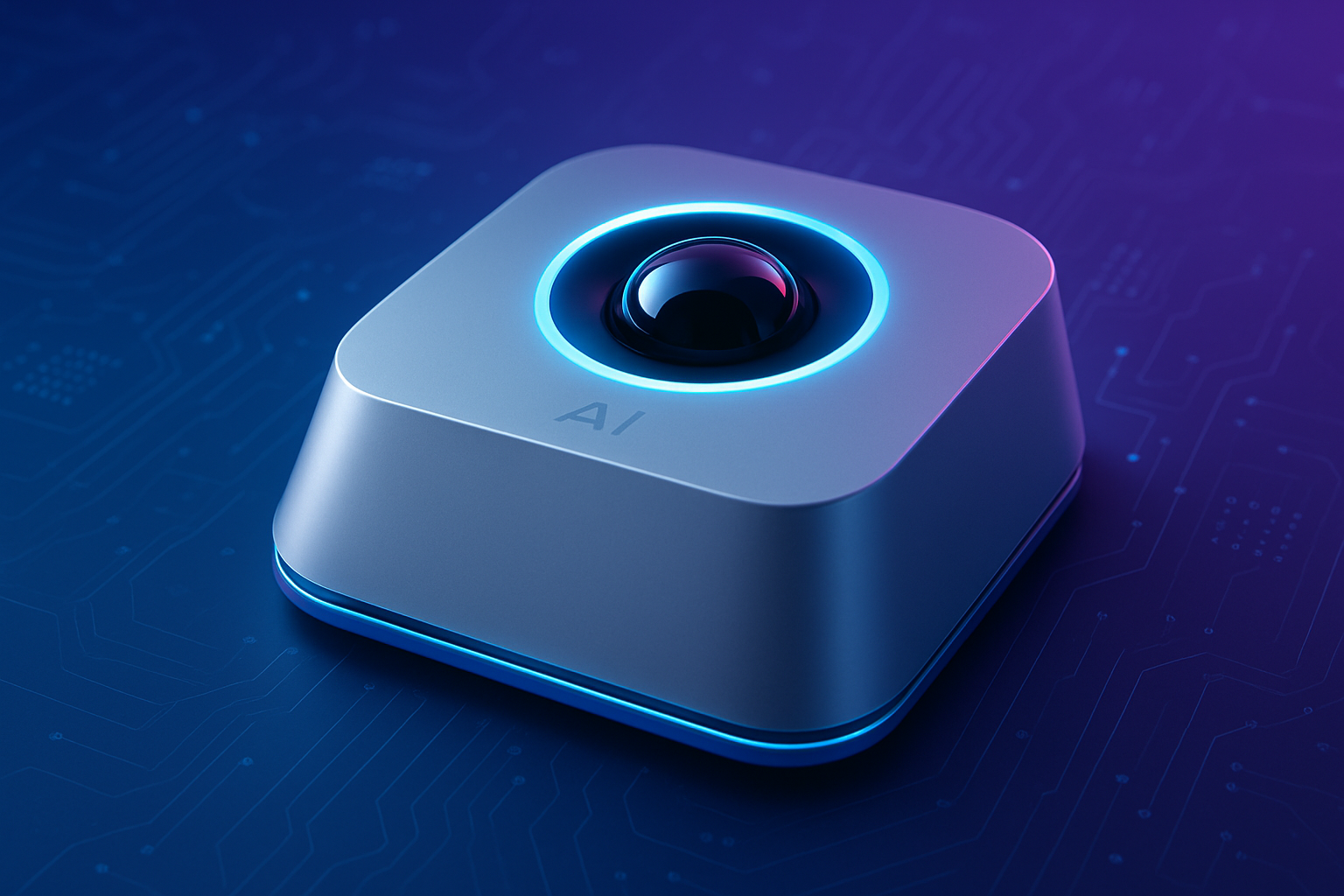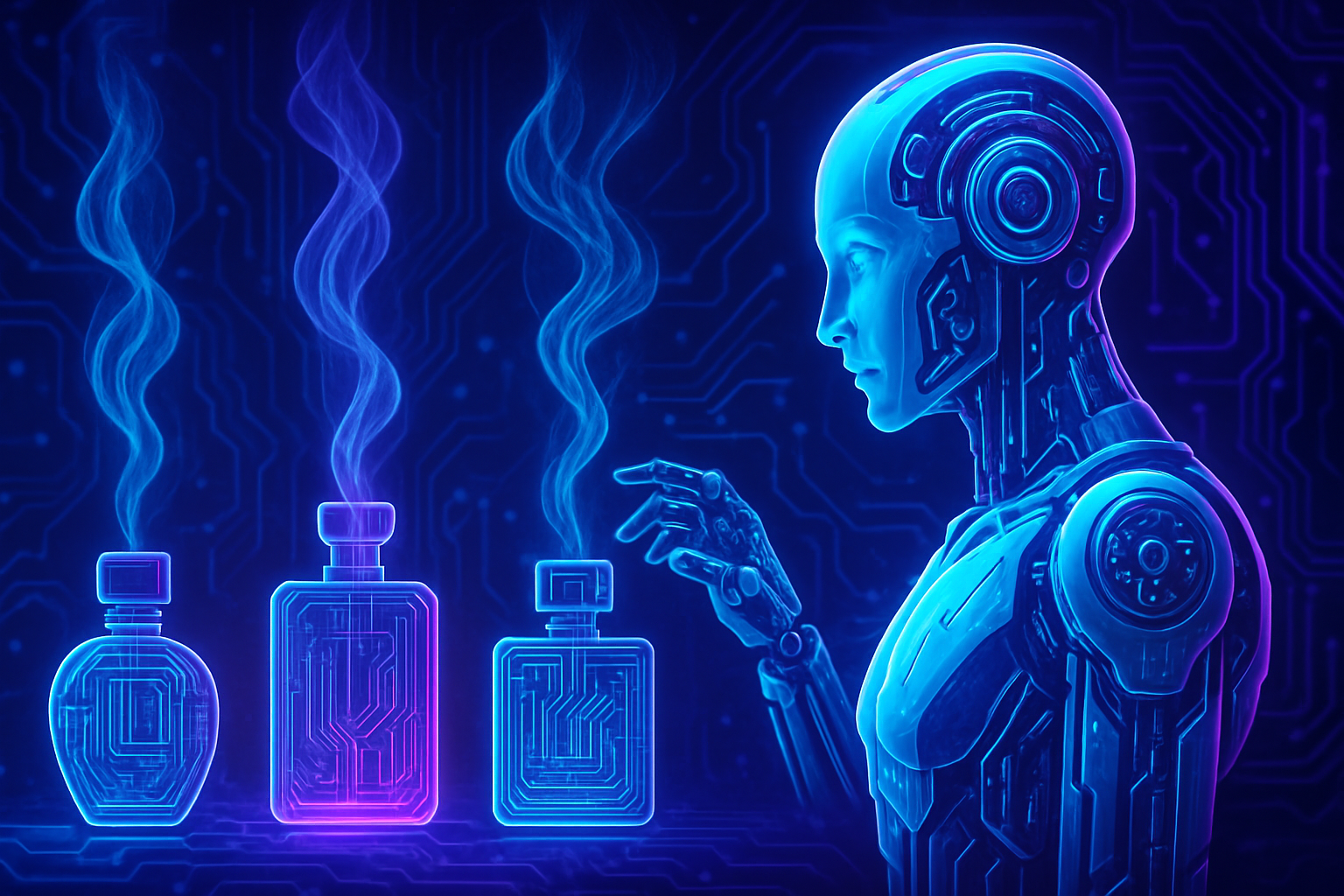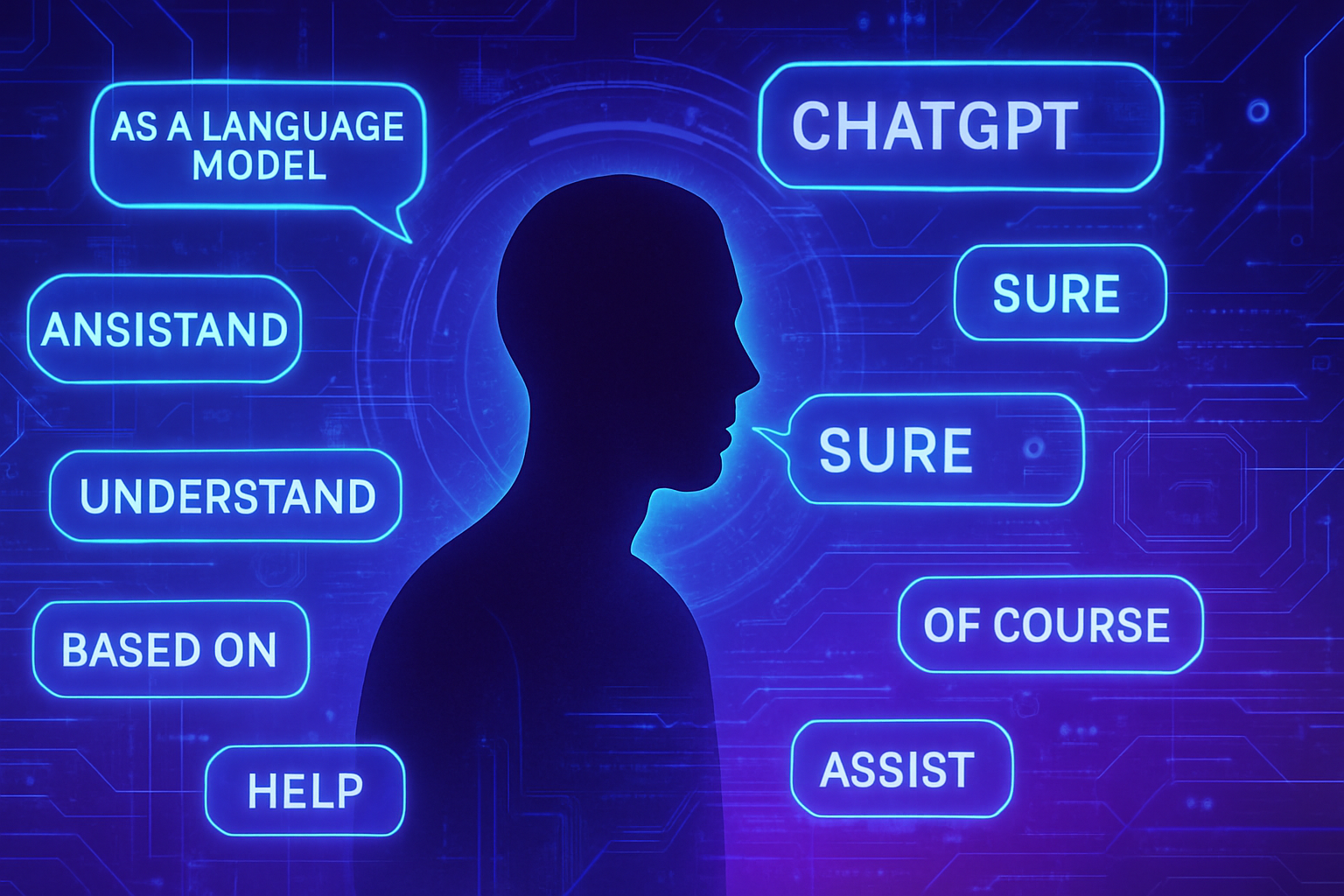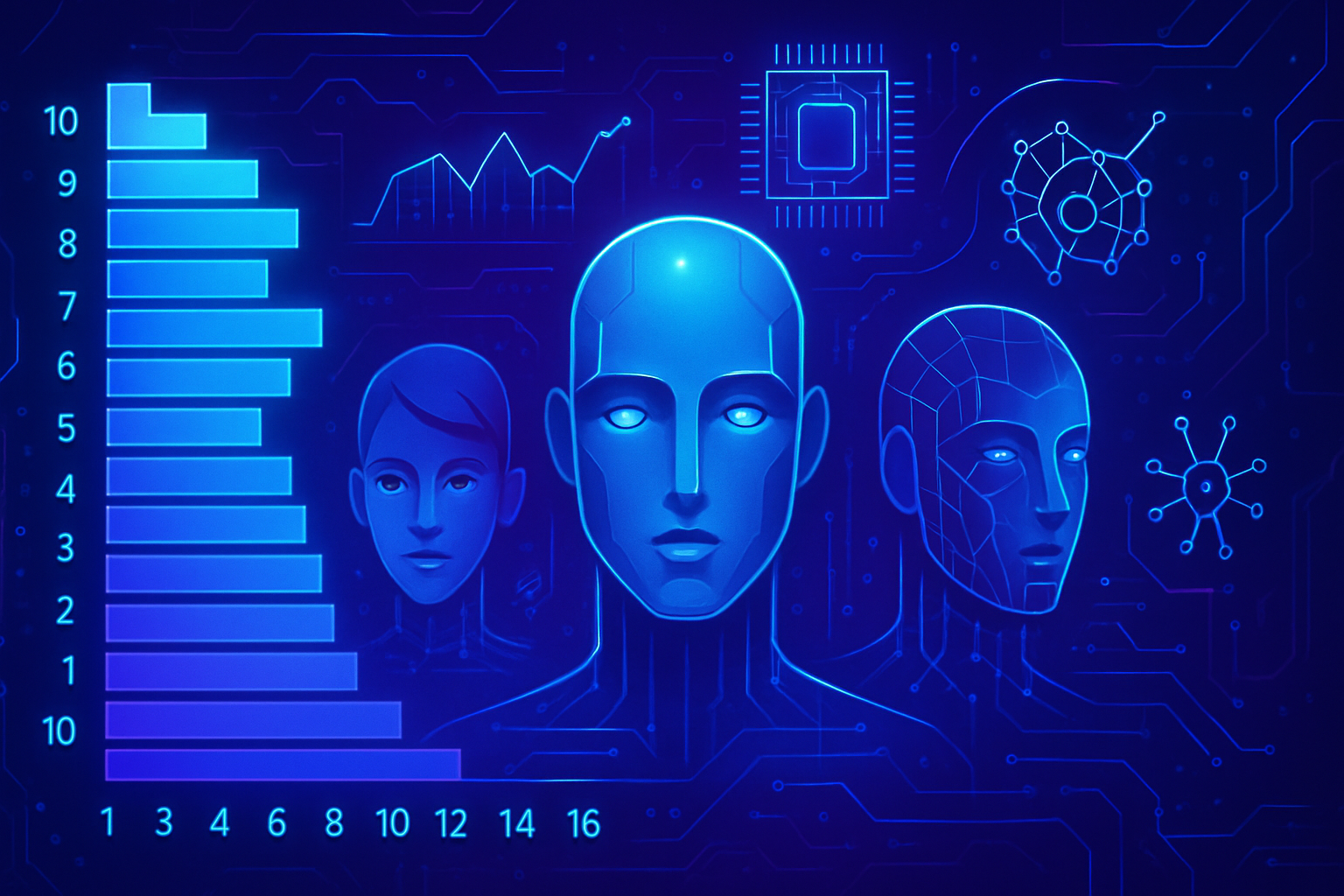Improving health requires technological revolutions. Artificial intelligence is revolutionizing every aspect of medical care, transforming diagnostics and treatments. Machine learning is emerging as an essential pillar, strengthening the quality of care. Algorithms have the power to detect anomalies invisible to the human eye. From predicting diseases to optimizing resources, every advancement opens up invaluable perspectives. This path toward improved health imposes critical reflection on the equitable use of these technologies. Many prominent issues need reflection, responsibility, and innovation.
A Synergy between Technology and Health
The field of health is evolving rapidly, benefiting from the revolutionary capabilities of machine learning (ML) and artificial intelligence (AI). These technologies are transforming traditional medical practices by providing tools capable of rapidly analyzing huge volumes of data with remarkable accuracy. More effective diagnostics, disease predictions, and optimized care management are thus becoming accessible.
Prediction and Diagnosis of Diseases
The application of AI in medical diagnosis represents a major turning point. Through predictive algorithms, healthcare professionals can now better detect cardiovascular diseases and diabetes, thus anticipating future complications. The use of medical images to identify pathologies, for example using X-rays, reveals anomalies that the human eye might overlook.
Improving Equity in Healthcare
Current research also focuses on the need to eliminate biases in health data. Research teams, such as the one led by Marzyeh Ghassemi at MIT, study how ML models can reproduce the biases present in historical data. By optimizing these models to account for demographic differences, these innovations aim for better equity in the diagnosis and treatment of patients.
Improvement of Care Systems
AI algorithms are deployed to refine medication stock management and anticipate supply shortages, thereby improving resource management in healthcare facilities. In fact, the systems enable proactive assessment of patients’ needs, optimizing individual treatments.
Strengthening Patient Safety
Machine learning plays a fundamental role in preventing adverse incidents in hospital settings. By analyzing patient data, the systems can generate alerts in case of identified risks, which is particularly vital for monitoring high-risk patients.
Social and Identity Impacts
Skills in AI and ML are not limited to the technical. They also encourage introspective criticism of the sociocultural data underpinning these technologies. Current research explores how the identity of researchers influences their work and how these biases can excessively reflect society.
Education and Interdisciplinary Collaboration
The challenges of machine learning require a constant reevaluation of teaching methods. Academic institutions are evolving their programs to train students not only to master technical tools but also to assess the ethical relevance in the development of these solutions. Collaboration across various disciplines appears essential, allowing for mutual enrichment.
Future Perspectives
Recent developments offer a promising vision, where AI will transform healthcare by making it more accessible and tailored to each individual. Ethical challenges and those related to biases must be addressed diligently to ensure beneficial applications of innovations. These reflections require a constant reinvention of approaches in public health.
Projects, such as those associated with four MIT students recently meeting the requirements for the Rhodes scholarships, grant a prominent role to young researchers in this development. The synergy between education and research enhances the positive dynamics emerging in the sector.
Frequently Asked Questions about Improving Health with Machine Learning
How can machine learning improve medical diagnosis?
Machine learning allows for the analysis of large amounts of medical data to identify patterns and anomalies, which can lead to earlier and more accurate disease diagnoses.
What are the benefits of using machine learning in healthcare?
The benefits include better diagnostic accuracy, optimized treatments, reduced costs, and improved efficiency of hospital operations.
How do machine learning models account for biases in health data?
It is essential to design models that incorporate bias correction techniques, such as adapting to patients’ demographic characteristics, to ensure equity in outcomes.
What types of diseases can be predicted using machine learning?
Many diseases can be predicted, including cardiovascular diseases, diabetes, and certain types of cancers, by analyzing preventive and historical patient data.
How do AI-based tools personalize patient care?
AI tools can analyze medical history, patient preferences, and real-time data to provide treatment and care recommendations tailored to each individual.
What role does machine learning play in clinical research?
In clinical research, machine learning accelerates the analysis of clinical trial data, identifies specific patient cohorts, and improves the development of new medications.
What challenges do machine learning systems face in healthcare?
Challenges include managing missing data, protecting patient privacy, generalizing models to different clinical contexts, and the need to validate results in real-world settings.
How is the effectiveness of machine learning models in healthcare assessed?
Effectiveness can be evaluated using performance indicators such as accuracy, sensitivity, specificity, and area under the curve (AUC) when tested on data not used during training.
Are healthcare professionals trained to use machine learning in their practice?
There is a growing amount of training and dedicated educational programs to familiarize healthcare professionals with machine learning, its applications, and its ethical implications in the medical field.






